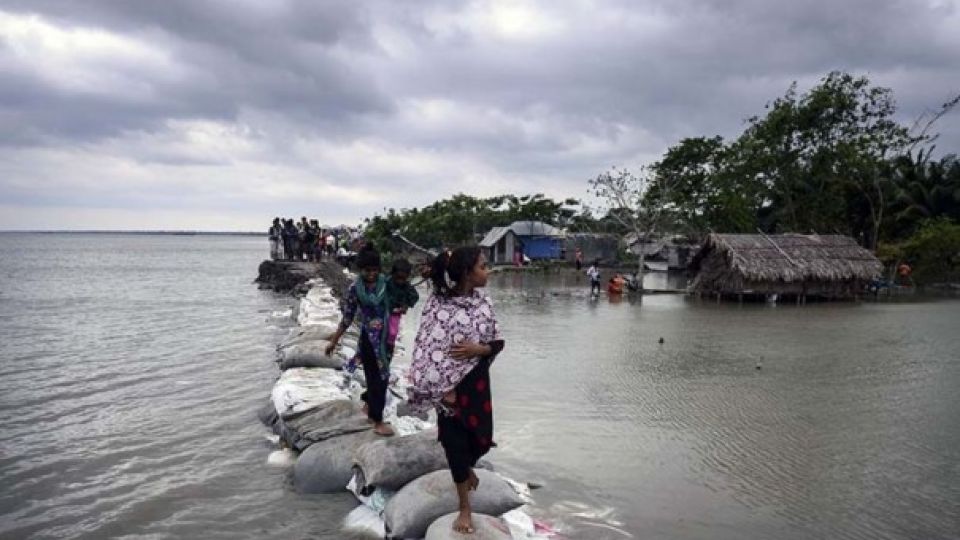December 5, 2019
The country is at risk from cyclones and flooding.
Bangladesh is seventh among the 10 countries worst hit by extreme weather events, says a global climate report.
Puerto Rico, Myanmar and Haiti top the list which has three South Asian countries and seven Asian nations, according to the Global Climate Risk Index (CRI) 2020 that analysed data from 1999 and 2018.
Germanwatch, a Berlin based non-profit environmental research organisation, released the report yesterday on the sidelines of The Conference of the Parties (COP-25) meet in Madrid, Spain.
In the previous report that examined data between 1998 and 2017, Bangladesh was at the ninth position.
The study looked at four indicators — death toll, number of events, loss of property of each person and loss of gross domestic product. The CRI 2020 is based on the loss figures of 181 countries, it said.
The report also said Japan, the Philippines and Germany were the most affected countries last year followed by Madagascar, India and Sri Lanka.
Japan was hit by three exceptionally extreme weather events last year while Typhoon Mangkhut ploughed through the northern part of the Philippines in September. Germany experienced the second hottest year since records began due to a severe heatwave.
Asked about the report findings, Professor Emeritus of Brac University Dr Ainun Nishat, a water resource and climate change specialist, said there is no doubt that Bangladesh is one of the most vulnerable countries to climate change, but at the same time, its ability to cope with the adverse impacts has gone up manifolds.
“But there is no room for complacency because the intensity and frequency of climate events are unpredictable. We have to concentrate on capacity building for the future.”
According to the report, about 495,000 people died as a direct result of more than 12,000 extreme weather events globally and losses between 1999 and 2018 amounted to around $3.54 trillion.
The fifteenth edition of the CRI showed that signs of escalating climate change can no longer be ignored in any continent or region.
The climate risk report said poorer countries were the most affected between 1999 and 2018. It also said eight of the 10 worst-hit countries were developing economies.
“Impacts from extreme weather events hit the poorest countries hardest as these are particularly vulnerable to the damaging effects of a hazard and have a lower coping capacity and may need more time to rebuild and recover.”
It also said, “The Climate Risk Index may serve as a red flag for already existing vulnerabilities that may further increase as extreme events will become more frequent or more severe due to climate change. Effective climate change mitigation is therefore in the self-interest of all countries worldwide.”
The risk index was prepared by using the NatCatSERVICE database of the reinsurance company Munich Re and socioeconomic data of the International Monetary Fund.


